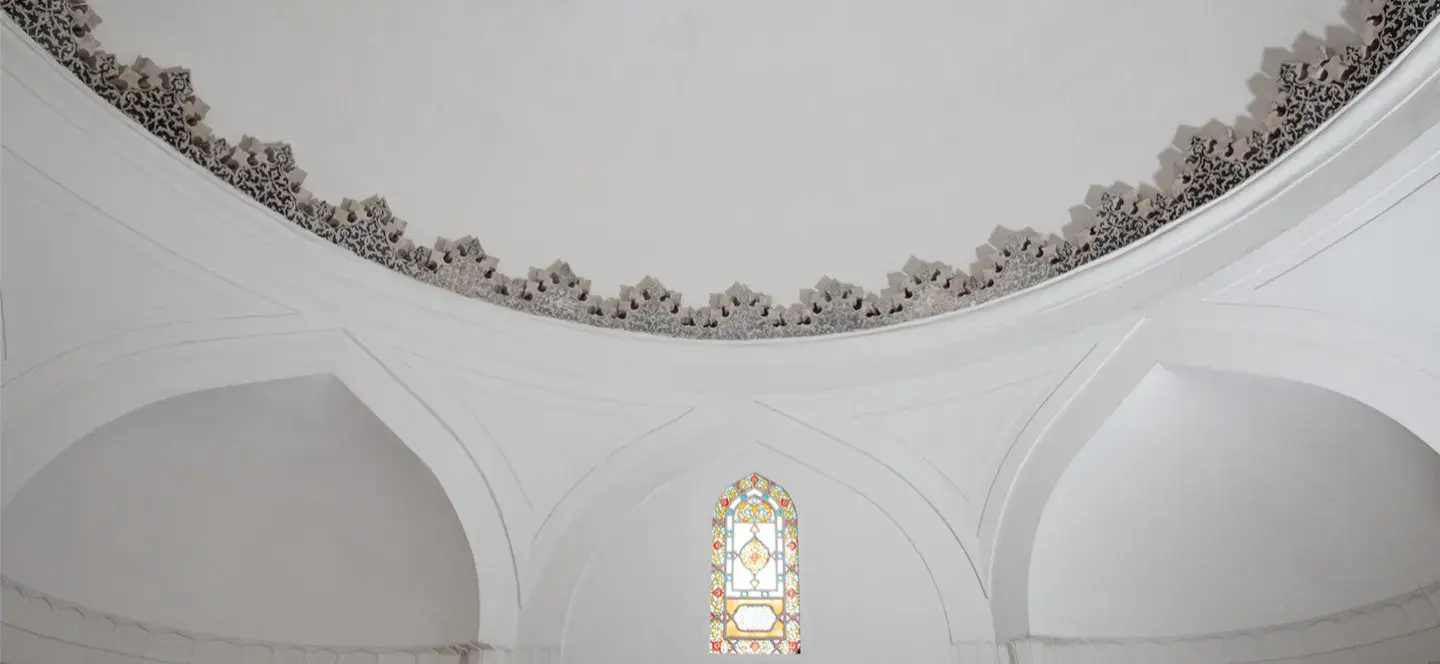
Bath culture traces its origins back to the baths of Ancient Rome. In ancient Rome, baths were used for both hygiene and social interaction. With the spread of Islam, hammam culture was carried to the Middle East and Anatolia, where it flourished especially during the Ottoman Empire. Today, hammam culture is kept alive in modern spa and wellness centers and remains popular around the world.
The hammam attracts attention with its unique architecture and atmosphere. A typical Turkish bath consists of three main sections: temperature, warmth and coldness. Each section has its own purpose and atmosphere. The sıcaklık section is designed as a steam room with high humidity and temperature and provides sweating. The warmth section is used for bath visitors to rest, while the cold section is designed to balance body temperature and cool down. The interior decoration of the hammam is usually decorated with marble columns, tile work and mosaics, giving it a unique atmosphere.
Visitors to the hammam traditionally follow a specific ritual. This ritual usually includes steps such as sweating in the warmth section, scrubbing and foam massage. The scrub and foam massage removes dead skin cells and impurities, as well as softens and revitalizes the skin. Hammam rituals offer mental and spiritual relaxation as well as cleansing the body. Time spent in the warmth of the hammam reduces stress, relaxes muscles and rests the mind.
Hammam culture offers many benefits, not only for physical cleansing, but also for health. Hammam rituals help to cleanse the skin, increase blood circulation, reduce stress and relax muscles. In addition, hammam visits strengthen the immune system, open the airways and promote general well-being.
Bath culture has become a tradition that has a history of thousands of years and is still alive today. This ritual, which opens the doors to a healthy life, cleanses the body and refreshes the mind and soul at the same time. The unique atmosphere and traditional rituals of the hammam offer a respite from the stress and fatigue of modern life. Therefore, hammam culture is not only a cleansing ritual, but also a part of healthy living.